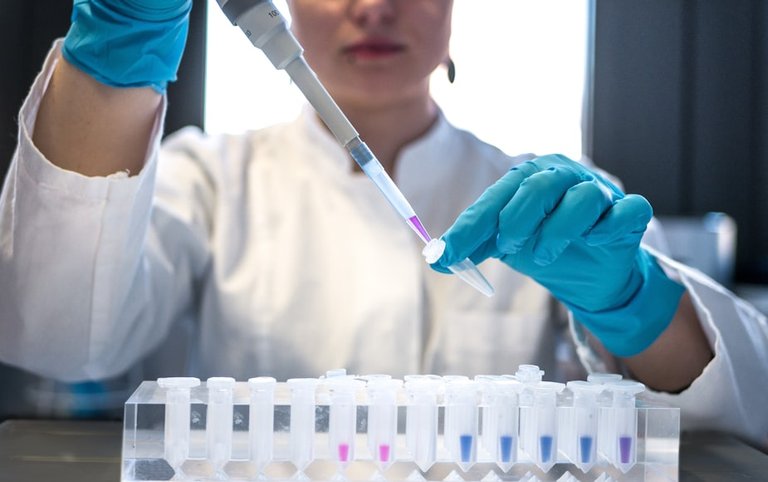While one considers everyday dangers, the mind would probably move to thoughts of apparent threats such as air pollution or hazardous weather. Recent findings discovered lately bring attention to a much more insidious risk lurking in plain sight—toxic "forever chemicals" known as PFAS (Per- and polyfluoroalkyl substances). They have been known to contaminate the environment for so long, and they are found everywhere, from toilet paper to dental floss. Now it turns out they can get into our bodies through our skin, which also holds health risks which we're only beginning to suspect.

PFAS are called "forever chemicals" because they take such a long time to decay. These chemicals hang around in the environment for several hundred years, leaching into our soil and waterways and eventually finding their way into our tap water. A 2023 study from the United States Geological Survey discovered that almost half of the nation's tap water is contaminated with some form of PFAS. Given their ubiquity, it is no surprise that concerns about their impact on human health are rising.
What may be more concerning is the recent discovery that PFAS can cross through our skin and into our bloodstream. Until now, it was believed that these chemicals couldn't penetrate our skin barrier because of the compounds' ionized nature. The theory was that the same properties enabling PFAS to repel water and stains would work against them crossing our skin. However, groundbreaking research led by Oddny Ragnarsdóttir at the University of Birmingham has debunked this assumption.
In experiments with 3-D models of human skin, Ragnarsdóttir and her colleagues found that 15 of the 17 most commonly used PFAS were absorbed through the skin. This holds the significance of a game-changing finding that our real exposure does not relate to what we breathe in or eat but to what touches our skin.
This is particularly concerning because industries are shifting towards using PFAS with shorter molecular structures. While these shorter-chain PFAS were presumed less toxic, this study claims that, being more accessible to absorb through the skin, they can eventually raise overall exposure. It's irritating and concerning that too many of us might inadvertently increase our exposure risk through everyday products that contain these chemicals. From lotions we smear on our skin to food packaging, PFAS have made their way into so much of our lives. Now that they can enter our bloodstreams just from skin contact, it brings a new dimension to the problem.
On the bright side, the findings are not bad enough to raise an eyebrow: awareness is the first step towards change. With every new study on the dangers of PFAS, more and more advocacy for stricter regulations and pushing for safer alternatives can be encouraged. Future research should not only consider individual chemicals but also look at exposure in terms of the broad PFAS spectrum and its impacts on human health.
Meanwhile, there is quite a lot we can do to safeguard ourselves by taking preventive measures against exposure. One can create awareness about the products we are using and lobby for transparency in labeling. One could understandably call for better and safer choices and task the companies with accountability over the ingredients used.
Posted Using InLeo Alpha

